Pet cloning booms in China
As Chinese pet ownership surges, more people are paying to replicate their beloved dead cat or dog
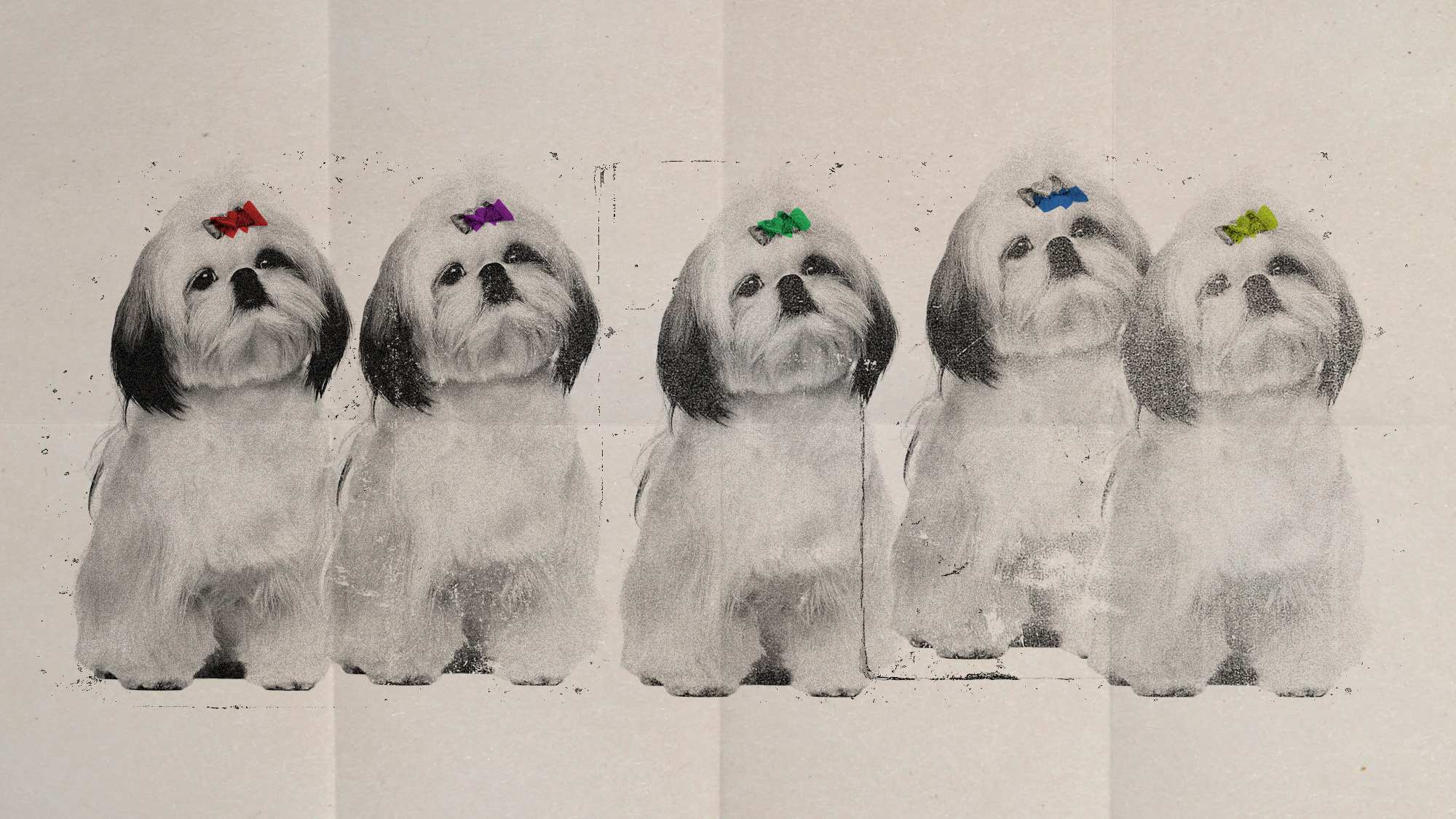
A free daily email with the biggest news stories of the day – and the best features from TheWeek.com
You are now subscribed
Your newsletter sign-up was successful
Pet cloning is on the increase in China, as grieving owners turn to science to try to bring their furry friend back from the dead.
An idea once "confined to the pages of science fiction", pet cloning is now an "established business" in the country, "fuelled by deep emotional attachments, advancing biotechnology" and a booming pet market, said The Independent.
'Genetically identical twin'
In China, "losing a beloved pet" is "increasingly becoming not the end of a beautiful friendship", but "the start of something almost as good", said the South China Morning Post.
The Week
Escape your echo chamber. Get the facts behind the news, plus analysis from multiple perspectives.

Sign up for The Week's Free Newsletters
From our morning news briefing to a weekly Good News Newsletter, get the best of The Week delivered directly to your inbox.
From our morning news briefing to a weekly Good News Newsletter, get the best of The Week delivered directly to your inbox.
Pet cloning "preserves all the unique traits that made your dog irreplaceable", including "temperament, intelligence, and physical appearance", Sinogene, one of the industry's market leaders, says on its website.
All you need to clone your pet is a tissue sample. DNA extracted from these cells is "inserted into a donor egg" and the resultant embryo "implanted into a surrogate mother", said The Independent. This means a "genetically identical twin" can be born "months – or even years – after the original pet has passed away".
The process doesn't come cheap – typical fees range from £15,000 to £30,000 – and animal rights activists have called it "cruel" and "unethical", claiming that each surrogate mother undergoes "unnecessary suffering". But that doesn't seem to be stopping the increasing demand for cloned pets.
'Twice as many pets as toddlers'
Behind the popularity of the pet cloning in China are two clear recent trends. First, the relationship between Chinese people and their pets has changed. Pets' main role used to be "guarding homes", Liu Xiaoxia, a pet industry expert, told Global Times. Now, they are valued for "emotional interaction and companionship" and have "a deeper integration into people's daily lives".
A free daily email with the biggest news stories of the day – and the best features from TheWeek.com
And that's led to the second trend: a surge in pet ownership. Millions of Chinese people got a pet during the pandemic, and figures suggest that, by 2030, there will twice as many pets in China as toddlers. There is now a booming industry "to pamper them", said Bloomberg, with 4.7 million pet-related companies in the country, up by almost 50% in the past 12 months alone. It's a market already worth ¥300.2 billion (£32 billion), said Global Times, and forecast to reach ¥400 billion (£42.6 billion) by 2027.
And, as those pandemic-purchased pets age, pet cloning looks set to become an increasingly profitable part of this sector. A Goldman Sachs report calculated that 28% of pet dogs in China are more than seven years old, and about 10% of cats are more than eight years old, said the Financial Times. That means "millions of cats and dogs are entering old age".
Could pet cloning take off in the UK? Cloning animals is banned here, except for research purposes. But there is a company in Shropshire that gets around this by freezing the tissue samples and sending them to the US for the cloning process, before "a twin of the original animal" can be brought back to the UK, said The Guardian.
Chas Newkey-Burden has been part of The Week Digital team for more than a decade and a journalist for 25 years, starting out on the irreverent football weekly 90 Minutes, before moving to lifestyle magazines Loaded and Attitude. He was a columnist for The Big Issue and landed a world exclusive with David Beckham that became the weekly magazine’s bestselling issue. He now writes regularly for The Guardian, The Telegraph, The Independent, Metro, FourFourTwo and the i new site. He is also the author of a number of non-fiction books.
-
 The 8 best TV shows of the 1960s
The 8 best TV shows of the 1960sThe standout shows of this decade take viewers from outer space to the Wild West
-
 Microdramas are booming
Microdramas are boomingUnder the radar Scroll to watch a whole movie
-
 The Olympic timekeepers keeping the Games on track
The Olympic timekeepers keeping the Games on trackUnder the Radar Swiss watchmaking giant Omega has been at the finish line of every Olympic Games for nearly 100 years
-
 TikTok secures deal to remain in US
TikTok secures deal to remain in USSpeed Read ByteDance will form a US version of the popular video-sharing platform
-
 How will China’s $1 trillion trade surplus change the world economy?
How will China’s $1 trillion trade surplus change the world economy?Today’s Big Question Europe may impose its own tariffs
-
 Shein in Paris: has the fashion capital surrendered its soul?
Shein in Paris: has the fashion capital surrendered its soul?Talking Point Despite France’s ‘virtuous rhetoric’, the nation is ‘renting out its soul to Chinese algorithms’
-
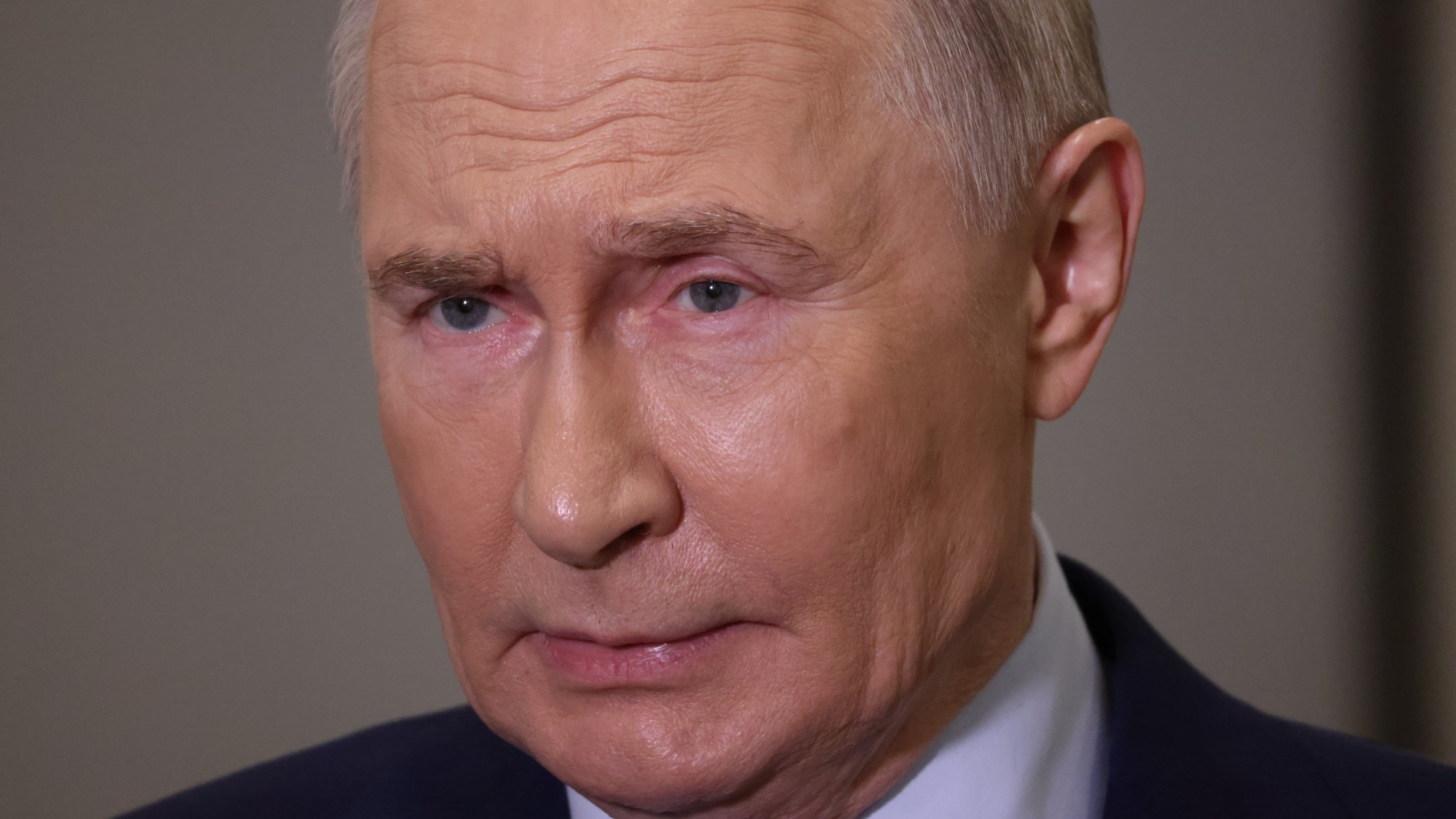 Will latest Russian sanctions finally break Putin’s resolve?
Will latest Russian sanctions finally break Putin’s resolve?Today's Big Question New restrictions have been described as a ‘punch to the gut of Moscow’s war economy’
-
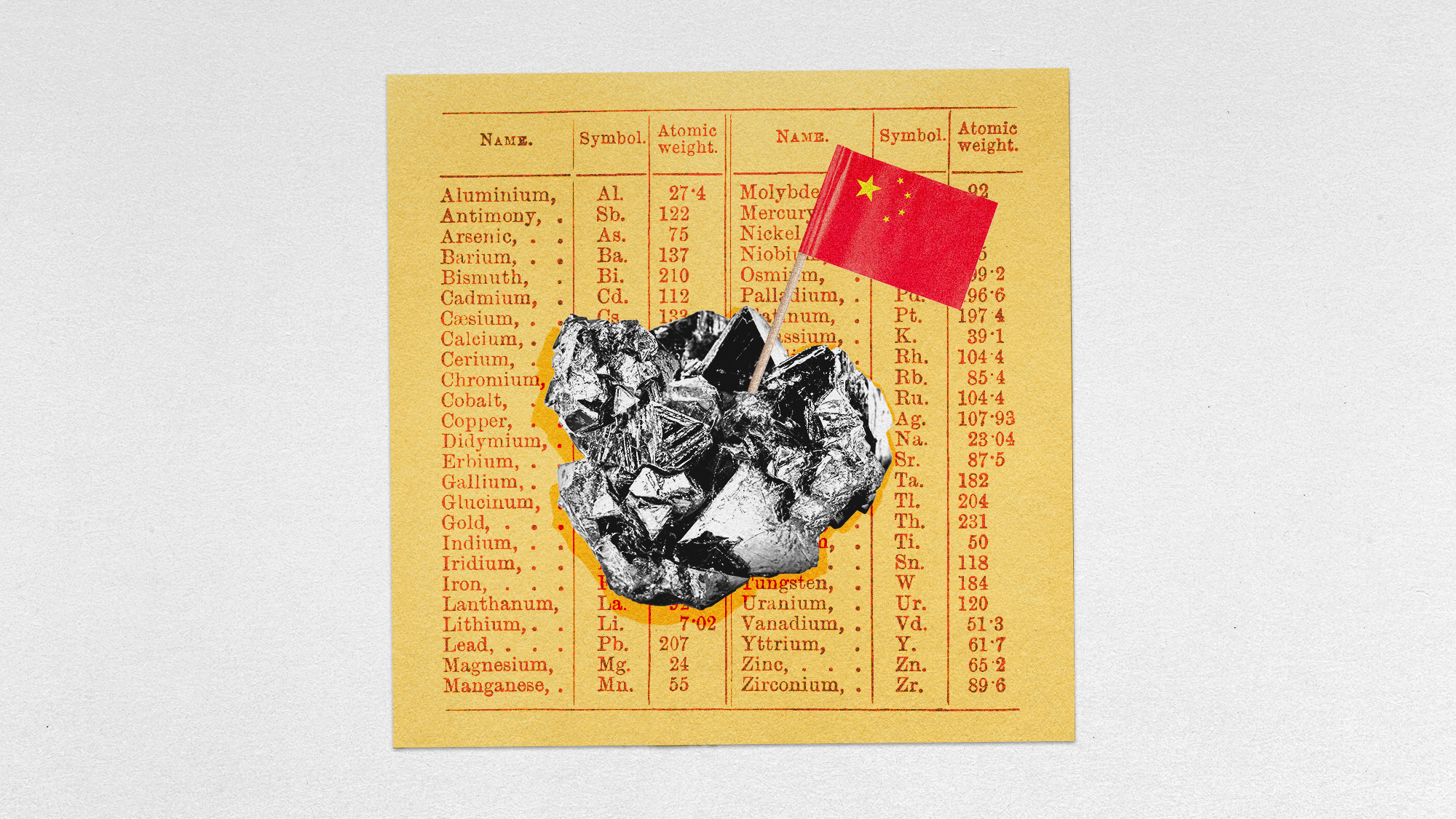 China’s rare earth controls
China’s rare earth controlsThe Explainer Beijing has shocked Washington with export restrictions on minerals used in most electronics
-
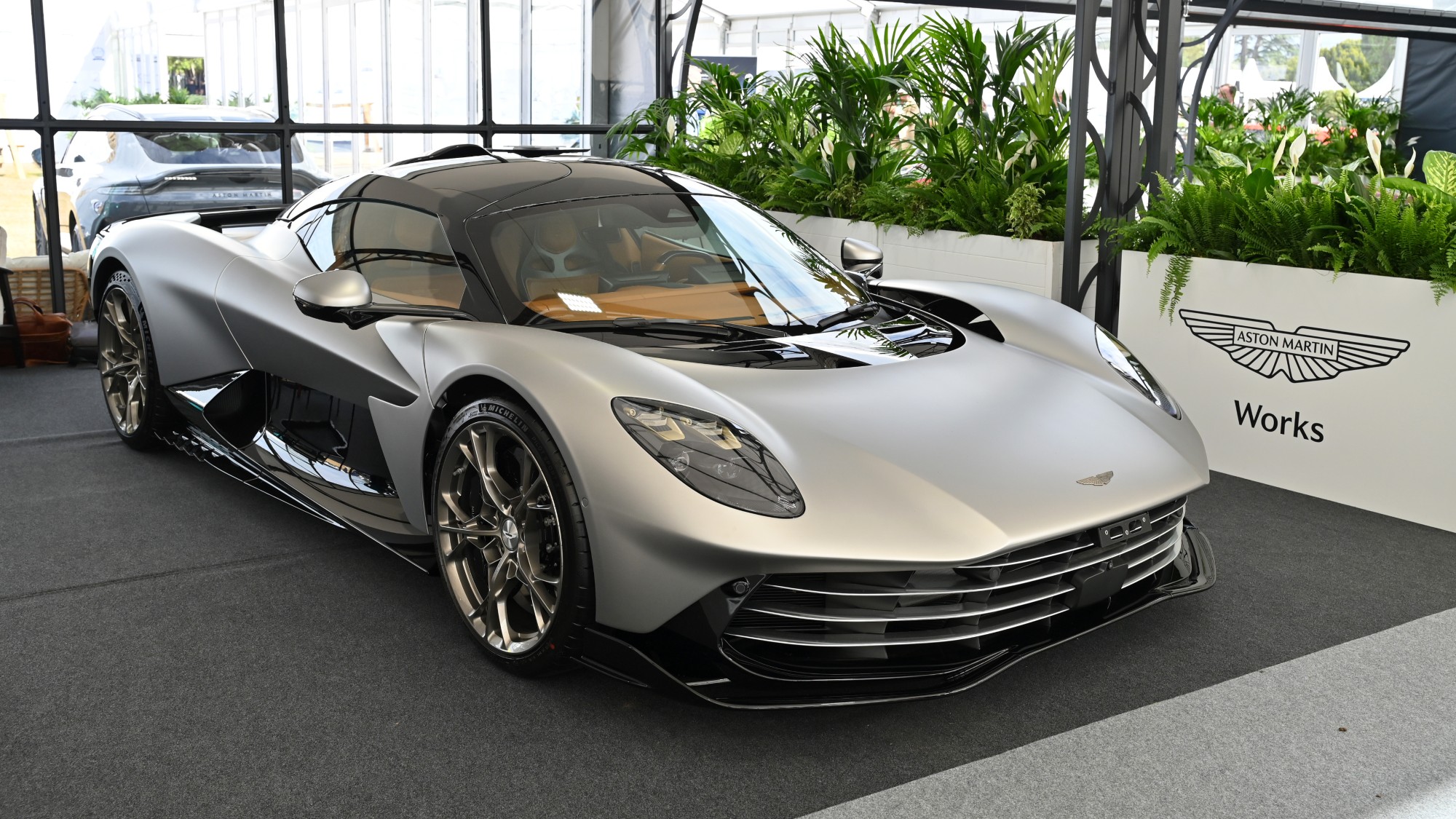 The struggles of Aston Martin: burning cash not rubber
The struggles of Aston Martin: burning cash not rubberIn the Spotlight The car manufacturer, famous for its association with the James Bond franchise, is ‘running out of road’
-
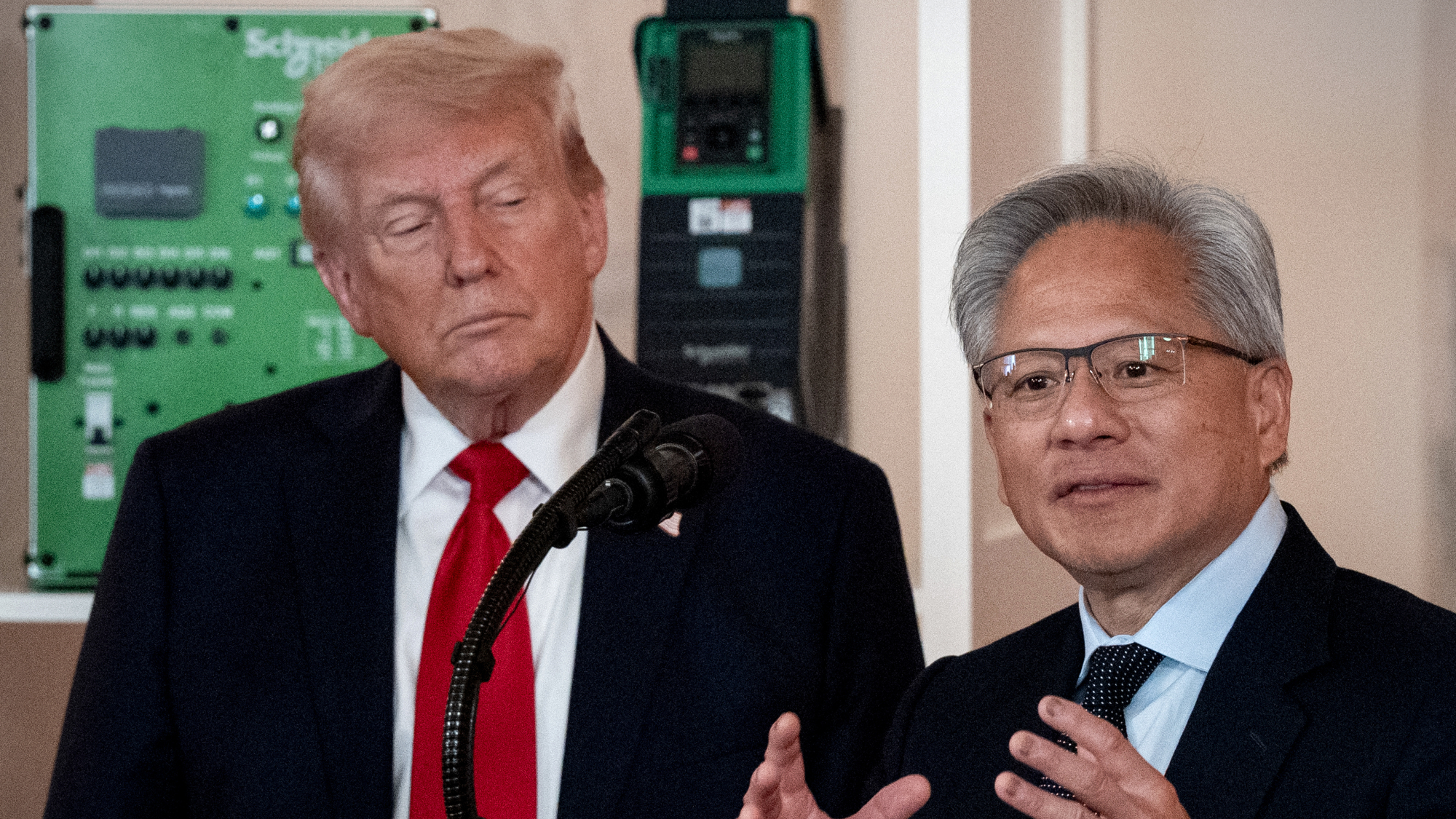 US to take 15% cut of AI chip sales to China
US to take 15% cut of AI chip sales to ChinaSpeed Read Nvidia and AMD will pay the Trump administration 15% of their revenue from selling artificial intelligence chips to China
-
 Is Trump's tariffs plan working?
Is Trump's tariffs plan working?Today's Big Question Trump has touted 'victories', but inflation is the 'elephant in the room'